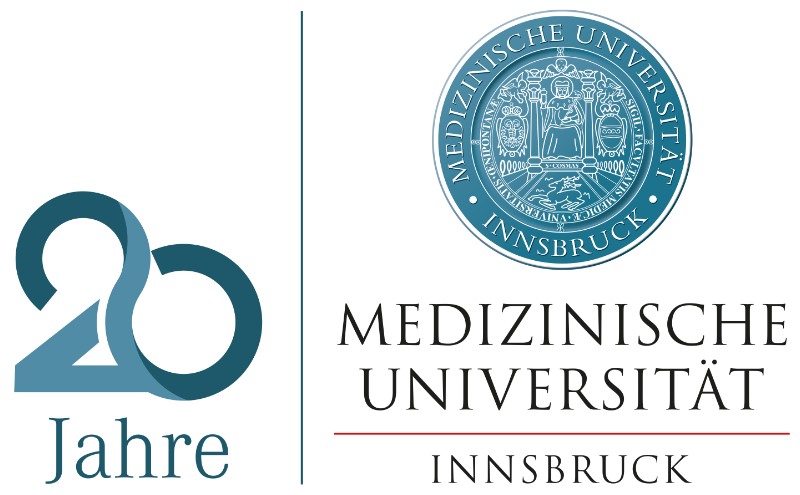Prof. Klaus Scheffzek
Institute of Biological Chemistry, Biocentre, Medical University of Innsbruck
Defects in signalling pathways are often associated with the occurence of severe diseases, e.g. cancer. We are interested in understanding the mechanisms of pathogenesis associated with cancer-related diseases. Currently a major focus is neurofibromatosis type 1 (NF1), a genetic disease with an incidence of 1 in 3500 newborns. NF1 patients have an increased tumor risk, may show a variety of developmental defects and frequently have learning disabilities.
The NF1 gene encodes a huge protein (20 times larger than the oxygen carrier protein myoglobin), termed neurofibromin, and when mutated is responsible for the disease pathology. Our goal is to define the functional spectrum of neurofibromin by following a structural proteomics approach.

Research Interests
- Small G-proteins and their regulation
- Protein kinases
- Chromatin remodeling/transcription
- Plant science
- Complex machineries
Scientific Curriculum
| 2011 | Univ.-Prof. Chair Biological Chemistry/Structural Biology (Medical University of Innsbruck) |
| 2001-2010 | Group leader at EMBL (Structural Biology/Developmental Biology) |
| May 2009 | 'Außerplanmäßiger Professor’ (University Heidelberg) |
| SS 2009 | Lehrstuhlvertretung, (lecturing/examination) in Biochemistry (Univ/FZ Karlsruhe, A. Ulrich) |
| 2004 | Habilitation in Biochemistry/Biophysics |
| 1999-2001 | Staff Scientist in the Structural and Computational Biology Programm EMBL |
| 1998-1999 | Group leader, MPI f. Molecular Physiology (Dpt. Structural Biology), Dortmund |
| 1995-1998 | Post doctoral work, MPI f. Molecular Physiology (Dpt. Structural Biology, A. Wittinghofer), Dortmund |
| 1995 | Dr. rer. nat in Biology (’summa cum laude’) |
| 1992-1995 | Doctoral thesis, MPI f. Medical Research (Dpt. Biophysics. K.C. Holmes, A. Wittinghofer), Heidelberg |
| 1992 | Diploma in Biology (’sehr gut’) |
| 1986-1992 | Study of Biology, Ruprecht-Karls-Universität Heidelberg |
| 1984 | Diploma in Physics (’sehr gut’) |
| 1977-1984 | Study of Physics, Ruprecht-Karls-Universität Heidelberg |
Publications (selected)
Crystal structure of the human lysosomal mTORC1 scaffold complex and its impact on signaling. de Araujo MEG, Naschberger A, Fürnrohr BG, Stasyk T, Dunzendorfer-Matt T, Lechner S, Welti S, Kremser L, Shivalingaiah G, Offterdinger M, Lindner HH, Huber LA, Scheffzek K. Science. 2017, 358:377-381.
The neurofibromin recruitment factor Spred1 binds to the GAP related domain without affecting Ras inactivation. Dunzendorfer-Matt T, Mercado EL, Maly K, McCormick F, Scheffzek K. Proc Natl Acad Sci U S A. 2016, 113:7497-502.
Contact
Prof. Klaus Scheffzek, PhD
Innrain 80-82, CCB-Building,
A-6020 Innsbruck
Tel: +43 512 9003 70300
Fax: +43 512 9003 73110
E-Mail: klaus.scheffzek@i-med.ac.at




